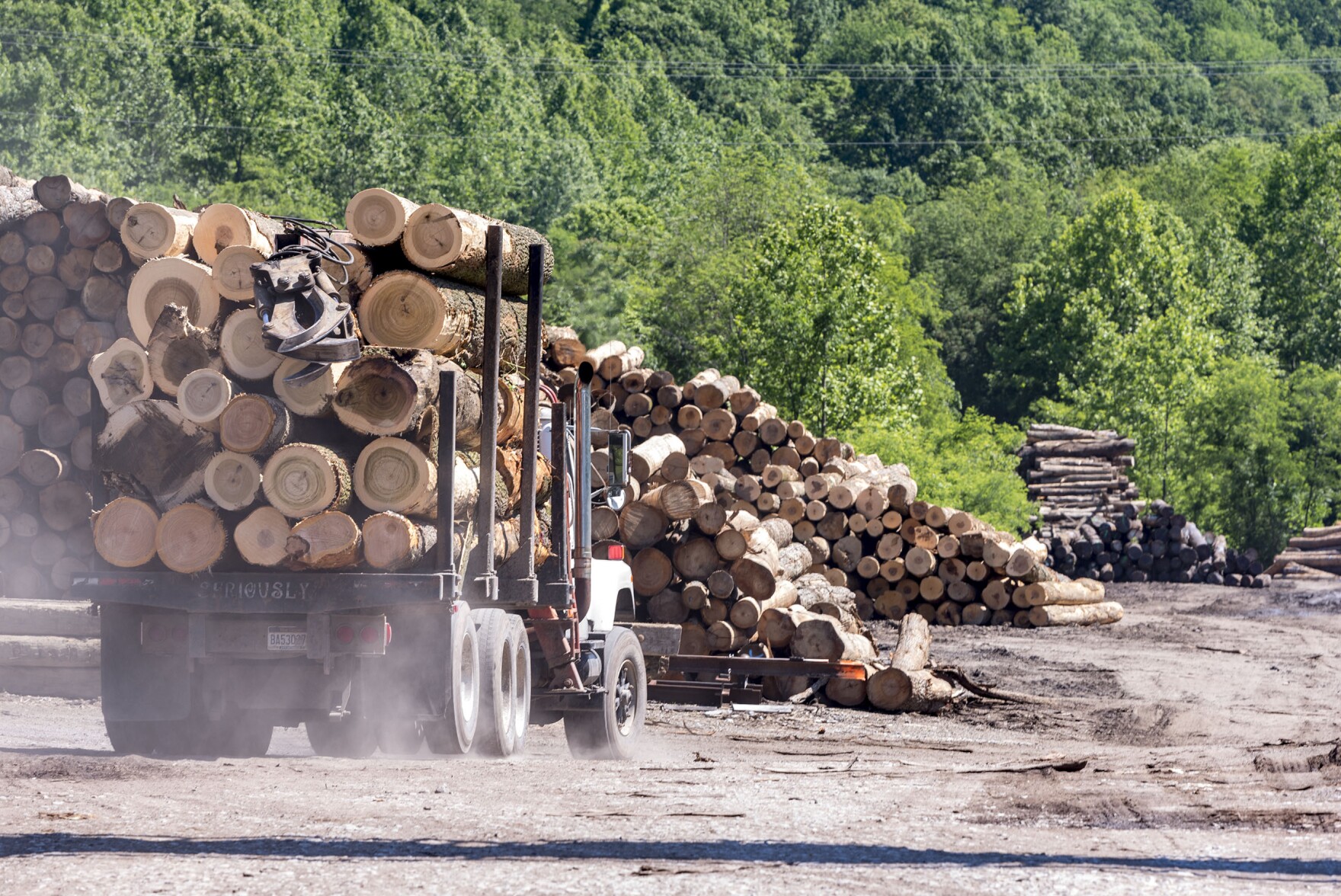The West Virginia Department of Environmental Protection hosted a public hearing in Charleston to discuss a new air quality permit for natural gas facilities in the state. Some wish the DEP would use the permit writing process to incorporate suggestions from scientists who have studied air around gas facilities.
One Permit Instead of Many
The state Department of Environmental Protection’s Division of Air Quality has been scrambling to keep up with federal air quality regulations and a growing natural gas industry—both have been evolving rapidly over the last several years. In an attempt stay current and streamline the process, there’s a new permit being proposed that would take the place of several others.
New Source Review Program Manager within the West Virginia Division of Air Quality, Beverly McKeone, explains that natural gas industry processes have been getting increasingly complicated as gas development continues throughout north and north central West Virginia. That’s why the DEP is proposing a new permit named G-80.
Similar to old permits, the new permit would require companies to list air pollution projections related to natural gas production, compressor and dehydration facilities based on the emission outputs of on-site equipment.
McKeone says one of the bigger changes is that federal rules would be incorporated by reference. Referencing federal parameters, McKeone explains, enables the state to avoid having to modify existing permits, which keeps the DEP and industry more readily in compliance with federal mandates.
“So we’re trying to update it and trying to keep it a little more of a living document,” McKeone said.
A Comment from the Public
At a sparsely attended public meeting in Charleston co-founder of the West Virginia Surface Owners Rights Organization, David McMahon stood to voice concerns for residents who live close to these gas facilities.
He cited an air study commissioned by the West Virginia legislature in 2011, conducted by the School of Public Health at West Virginia University in 2012. It was presented to the legislature, but McMahon says the report and its recommendations have been more or less ignored by law-makers and state officials ever since. McMahon pointed out that the study found that regardless of current laws and regulations, air pollutants around gas facilities sometimes reached dangerous levels at distances deemed legally safe.
“But the point that we want to make here,” McMahon said, “is that you’ve got the power to do more, you should do more, particularly with regard to ongoing measurement.”
The study commissioned by lawmakers recommends throwing out regulations that site facilities at any fixed distance. Instead, scientists say real-time monitoring should be employed so that companies can respond to dangerous pollutants immediately.
In a short question/answer period at the end of the public hearing, DEP officials responded to questions about additional air monitoring, more or less saying their mandate was to fulfill the letter of state and federal law.
DEP will be accepting comments on the new natural gas air permit until March 30th. Any comments should be sent to: DEPG80A@wv.gov
